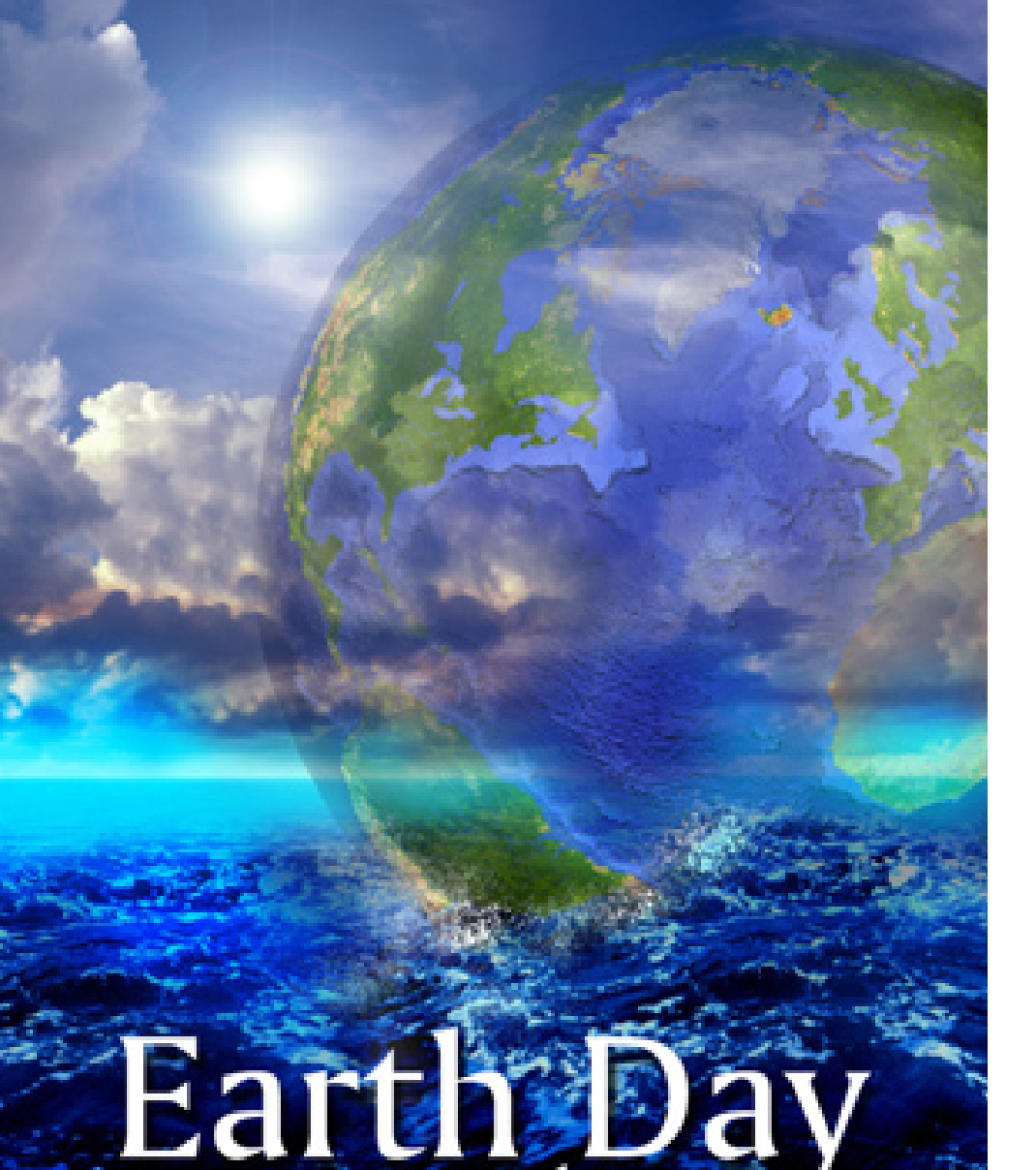- Air Homepage
- Let it Snow
- Article Environmental Science
Newsletter article Environmental Science - Read all about it!
Would you read the occasional article environmental science fans would enjoy? Wouldn't it be great if it was free? Environmental science articles are fun for several reasons:
Search for more about articles.
Free Science Read: Inspiring Action on the Environment 📰Is there a science article you haven't read yet that could solve the world's biggest problems? Take action against pollution and climate change with these brief environmental science articles, gaining the knowledge you need to make evidence-based decisions and join the people and organizations making a difference.
- Environmental science articles usually bring attention to important environmental issues like climate change, pollution, deforestation, and endangered species. These articles can help readers become more informed and aware of these issues.
- Readers can learn a lot about the natural world and how human activities can affect it through environmental science articles. It can help readers make more informed decisions about their own behavior and contribute to a more sustainable future.
- Science articles can inspire readers to take action and make a difference in their communities. Featured articles can inspire readers to get involved and make positive changes in their lives by highlighting people and organizations who are protecting the environment.
- Readers can explore different ecosystems with environmental science articles, from coral reefs to rainforests to arctic tundra. Learn about these diverse environments and the creatures that live there by reading about them.
Article Environmental Science article
What is the point of reading a long list of articles on environmental science?
- Environmental science students, researchers, and academics can use articles to conduct literature reviews, stay up to date on the latest research trends, and look up references. Articles like these can provide insight into various environmental topics, methodologies, findings, and theories, allowing individuals to deepen their knowledge.
- You can stay on top of emerging research, best practices, and industry developments by reading a long list of environmental science articles, whether you're a consultant, policymaker, or sustainability practitioner. In their respective fields, these articles can help professionals enhance their expertise, make evidence-based decisions, and implement effective strategies.
- Government officials, policymakers, and environmental groups rely on scientific research to inform policy development and decision-making. Environmental science articles can provide a broad range of perspectives, empirical evidence, and case studies to support evidence-based policies. It helps stakeholders understand environmental challenges, potential solutions, and the consequences of different policies.
- An extensive list of environmental science articles can support advocacy efforts by environmental activists, advocacy groups, and community groups. Science articles can raise awareness, inform public discourse, and advocate for policy changes. The public and policymakers can use them to strengthen arguments, present data, and communicate the urgency of environmental issues.
- Those with a general interest in environmental science and a desire to stay informed about environmental issues may find them useful. It might interest them to learn about how human activities impact the environment, conservation efforts, sustainability solutions, or get an inside look at a specific topic like climate change, biodiversity loss, or renewable energy. They can deepen their understanding and foster environmental awareness with these articles.
- Teachers and students can the articles to teach and learn about environmental science. Teachers can use these articles to create lesson plans, provide supplemental reading materials, and promote critical thinking. Articles can be used for assignments, research projects, and to broaden knowledge.
 Reading Material
Reading MaterialLet's explore these points a bit. These articles give us valuable information about the environment and Scientific Solutions for Environmental Challenges, as well as the need for more research and action. How? Climate change could affect extreme weather events like droughts, floods, and hurricanes, for example. We can take steps to become more responsible stewards of our planet by reading articles like this and being able to inform others.
Readers can help create a better, more sustainable future by understanding the impact of their decisions. As an example, an environmental science article might explain the more intense storms and such we've seen, and how this can devastate local wildlife and ecosystems as well as provide possible solutions. When a reader learns about carbon emissions and global warming for instance, they might switch to renewable energy.
These stories can inspire readers to act and make a difference in their own way. They can also be used to educate readers on the various issues and initiatives that are at play when it comes to protecting the environment. Featured articles can make a big difference by giving readers ways to get involved.
Explore the fascinating stories of the animals and their habitats up close. We can learn about the importance of preserving natural areas and the impact of climate change by reading about different habitats and the wildlife that lives there. We can also learn about different cultures and how people interact with nature. A coral reef ecosystem, for instance, can help us understand the animals that live there, the challenges they face, and how they interact. You can learn a lot about the world around you by researching different animals and their habitats and about the different creatures living in different habitats by reading.
Here's a chance to improve your world knowledge. Adding physical science articles about our environment to your digital library is easy. When it was published, the newsletter came out every month.
Check out an article weather article weather fanatics might like. You'll find topics ranging from detailed info on weather patterns to how to stay safe during storms. Natural disasters and other weather-related events are also discussed. What do you think of scientific descriptions of pollution observations, experiences, or related articles?
This website doesn't just cover these topics, Stuff in the Air published an article every month. With...
Blowin' in the wind
You can read monthly issues and maybe find out something weird about chemistry, physics, meteorology, or air pollution. Maybe a piece of earth science news, an article about environmental news, or even one of our famous global warming articles.
In general, environmental science articles can be both informative and inspiring, giving readers insight into the natural world and ways to protect it. You might recognize some of these ideas. Some will be new to you. All of them could be fun.
Check out some of the back issues of this ezine. Here's a short list of some of the articles I've posted earlier.
Research, academics, professionals, policymakers, activists, educators, students, and anyone interested in environmental issues can benefit from a long list of environmental science articles. Knowledge sharing, decision-making, advocacy, and a deeper understanding of the environment and our role in its protection and sustainability are all served by these articles.
These web pages have links to atmosphere pictures:
Snow - Love it!
More Snow - An introduction to snow pictures and images.
Global Warming - How to find relevant images for Global Warming.
Water Pollution Pictures - See some pictures of water pollution.
Storms - Storms and a bit of the meteorology behind them.
Article Environment Science
You can still get the original issues here.
See science and environmental business news articles. Would you like to publish your own internet magazine? Want to build your own readership? Check out what I did to get here.
Go back from Article Environmental Science to the
Snow Wallpaper web page or visit the Stuff in the
Air homepage.
Search this site for more information now.
I don't know who wrote this, but...
Pollution sucks by poop people are killing our world by polluting it I gave over 20 dollars every week, people are still poluting it. I feel it is so wrong, so I will stop it even by getting myself sick or get a disease. I will still take care of our planet.
Every month, we featured an article on environmental science
Learn about our atmosphere by reading relevant articles related to environmental science.
Do you have concerns about air pollution in your area??
Perhaps modelling air pollution will provide the answers to your question.
That is what I do on a full-time basis. Find out if it is necessary for your project.
Have your Say...
on the StuffintheAir facebook page
Other topics listed in these guides:
The Stuff-in-the-Air Site Map
And,
Thank you to my research and writing assistants, ChatGPT and WordTune, as well as Wombo and others for the images.
OpenAI's large-scale language generation model (and others provided by Google and Meta), helped generate this text. As soon as draft language is generated, the author reviews, edits, and revises it to their own liking and is responsible for the content.





New! Comments
Do you like what you see here? Please let us know in the box below.